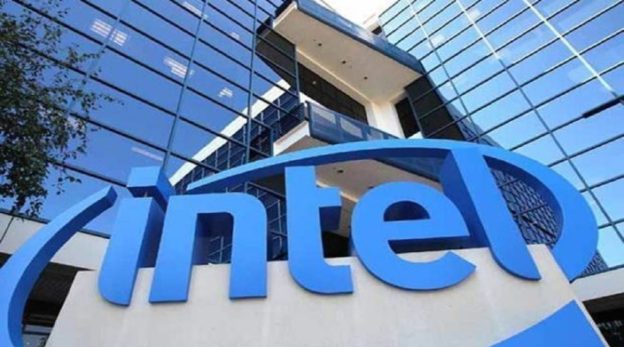The government has been in talks with big global firms like Intel and TSMC for making semiconductors in India but so far, nothing concrete has emerged.
US chipmaker Intel on Friday said it looks forward to partnering with India on its journey to become a semiconductor nation, but did not commit anything about setting up a local chip manufacturing unit.
The government has been in talks with big global firms like Intel and TSMC for making semiconductors in India but so far, nothing concrete has emerged.
“We look forward to partnering with India on the journey to become a semiconductor nation. The combination of open IP, open-source software, our open foundry platform and our ecosystem investments will accelerate the growth of semiconductors in India,” Randhir Thakur, president of Intel Foundry Services, said during the SemiconIndia 2022 conference.
He said India’s journey to become a semiconductor nation will enable self-reliance in the most critical industry of the 21st century. “It will further strengthen the nation to become economically stronger, geopolitically resilient and most importantly, ‘Atmanirbhar Bharat’,” Thakur said.
He highlighted that in today’s world, a domestic semiconductor industry is critical to economic growth and security. “India today is a digital nation with much of the foundation in place to become a semiconductor nation. Intel has been a partner to India for over 30 years and we are thrilled to be with you on this journey,” he said.
Intel has around 28,000 employees in India and has so far invested more than $7 billion in its sites here. The country is also home to Intel’s largest design centre outside the US.
Thakur said Intel is committed to India for the growth of semiconductors. “We have embraced the open IP ecosystem in India, including joining the RISC-V programme. We have already launched a public-private partnership to develop solutions using RISC-V with CDAC and IIT. We are working with multiple private sector companies to make Intel foundry services, India’s platform of choice,” he said.
The government has launched the Digital India RISC-V programme to enable creation of microprocessors, with strategic focus on mobility, computing and digitisation. RISC-V is open source and can be customised for a variety of hardware or applications. IIT Madras and the Centre for Development of Advanced Computing (CDAC) have developed two microprocessors named Shakti (32 bit) and Vega (64 bit) respectively using open-source architecture.
Thakur said semiconductors are the new oil, and chip manufacturing will become more important than oil reserves in defining geopolitics. “Unlike oil reserves where we do not choose the location, we can flourish and lead in semiconductor manufacturing at a place of our choosing. At Intel, we have spoken of choosing a globally diverse manufacturing footprint to meet the demands of the future,” he said. Today’s concentration of manufacturing of semiconductors on a few local islands will not be sustainable in the long run. This has prompted global leaders to look at policies and investments that will position their economies to succeed in the coming decade, he said.
“Becoming a semiconductor nation is a long road. India will need to attract and support the diversity of domestic and multinational industry players to build out the semiconductor value chain. The industry needs a combination of factors,” Thakur said.
https://www.financialexpress.com/industry/committed-to-india-for-semiconductor-growth-says-intel/2508397/





